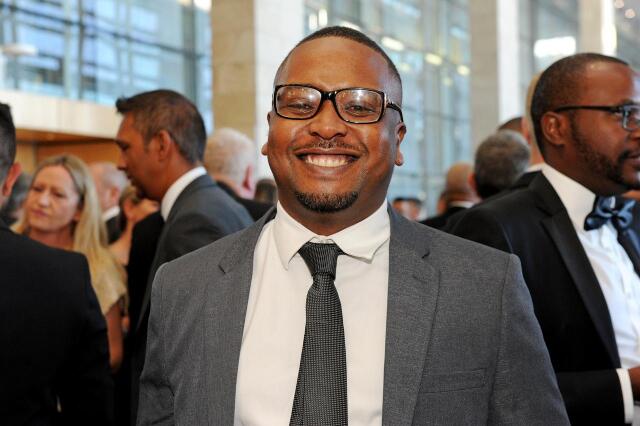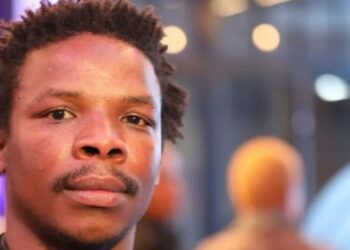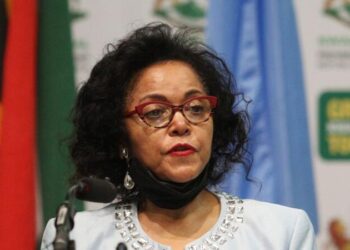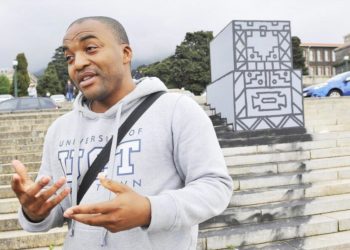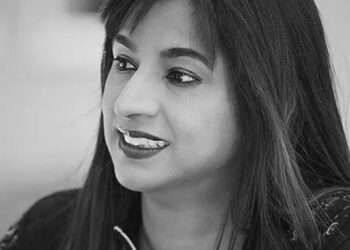Who really rules the country?
Who really rules the country?
BACK in the early 1990s, when the concepts of BBBEE, transformative justice, and affirmative action were being developed into policy directives, one of the primary aims of bringing these into existence was to reverse the injustices of apartheid that had financially and economically dis-enfranchised the black majority of South Africa.
It does not take a genius to figure out that by ensuring the empowerment of the economically marginalised in our country, it would go a long way to bringing about much-needed peace and stability for the entire country.
Around the negotiating tables of Codesa at the time, it was generally accepted, and by both sides of the table, that the previously marginalised or disadvantaged, had to be economically empowered. There was no two ways about it. How that was to take place would be the subject of many discussions to come. But nevertheless, it was understood by all in attendance, that there would be no end to apartheid without “levelling the playing field“.
Without this, stability, peace, and equality would remain but an illusion. To ensure its reality, there would be a need for all relevant institutions, including the banks and financial services sector, to play their part in ensuring that black people were no longer discriminated against – economically.
Fast forward to 2022, and the banking sector in South Africa is now going against the agreements that were put in place to end black dis-enfranchisement in South Africa. We find ourselves in a situation where the banking sector in South Africa is running amok and actively discriminating against the very same people they had been entrusted to protect, through the powers they possess.
There is an ancient adage that says: “with great power, comes great responsibility.”
The fact that our banking sector, which includes the likes of Absa, FNB, Nedbank, Standard Bank, and Investec, believe that they are above such principles, and from the looks of things, do what they wish, is not only a dereliction of duty, but is proof that they are failing to uphold and preserve the good faith and massive responsibility they have been entrusted with.
It is my opinion that South Africa’s banking sector is out of touch with the man on the street and the realities most people face on a day-to-day basis. Banking is meant to be for everyone, not just the select few. Let’s face it, if there were more people with accounts, the banks would make more money, but for some obscure reason our banking sector seem resolute on keeping this, the realm of the “old boys club” – by invitation-only vibe.
It’s easier to be kicked out of your bank account than it is to get one and get into it these days.
So much so, that just by being related to, or associated with someone whom the banking sector does not approve of, or who has a grudge against, can get your bank accounts closed or facilities denied. And without so much as a shred of evidence either.
In an increasingly cashless society, where you cannot obtain any tangible assets without a bank account or facilities, how are most of us expected to live? What would happen if banks decided to effect a new political regime for themselves? They have that power. Simply by cutting people off from their monetary supply, they can coerce and bully people into submission.
Without getting into the merits of it, the summary closure of Russian oligarch bank accounts around the world, signalled the connectedness of the financial sector to act in concert. That could be you or me tomorrow, for no reason other than we are the wrong colour on that day or wore the wrong outfit (goes to the ridiculous and capricious nature of those wielding the might).
Surely no institution should be allowed to possess such influence and dominance over the government and the people who elected them to power?
Testing the premise of prejudice, discrimination, and bank oligopoly power, Dr Iqbal Survé, Sekunjalo Investment Holdings (SIH) and more than 45 companies associated with SIH, and commonly known as the Sekunjalo Group, will heading to the Equality Court shortly.
It is likely to be one of the most important cases, ever to be heard in a court of law, since 1994 heralded our so-called equality.
This case seeks to address numerous issues. One is to assure black people they have a rightful place in the economy and have the right to a bank account and one that is administered and looked after by competent people who have the client’s best interests at heart first, and theirs (the bank’s) second. This is, in fact, a principle from which all bank account holders no matter their race, should have the benefit of.
The Equality Court case also aims to address the place of transformative constitutionalism amongst the banking sector – or the lack thereof. We do not need to develop new laws to take this into account, for they are already enshrined in our Constitution, which is the highest law in the land. To ignore this is to subvert the State.
Progression is needed in the banking sector to ensure that equity and equality prevail. In so doing, there can be economic prosperity for all.
To ignore this, will be to flirt with fire and could ignite a serious conflict between the ever increasing dis-enfranchised and the financial services sector, that seem intent on excluding them. We do not mean that we want to be handed money for nothing – we want to be able to contribute to the economy and meaningfully so. This does require a certain access to skills, knowledge, and the requisite levers of the economy, starting with being banked, remaining so.
In the end, it is time for banks to realise that it is our money they look after. Not the other way around. It is not their funds they permit us to use.
Ayanda Mdluli is the editor of the Daily News
Daily News


